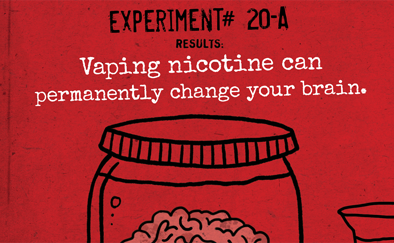KDHRC supported the development of an intervention with medical providers to discuss and implement a digital health coaching program with their lupus patients.
Challenge
Physical activity helps patients effectively manage both the physical and emotional consequences of many diseases, such as lupus. However, because of systemic and other barriers, some Black or African American, Hispanic, or Latino women living with lupus are less likely to effectively self-manage their lupus and participate in physical activities than non-Hispanic White women. An effective, comprehensive intervention to reduce barriers and engage Black or African American, Hispanic, or Latino women living with lupus in physical activities should be collaborative and include patients, rheumatologists, primary care providers (PCPs), peers, and health coaches.
Approach
To meet this need, the American College of Rheumatology (ACR) convened a team including KDHRC and Pack Health to support the development of an intervention to (1) engage medical providers to discuss and refer a digital health coaching program with their patients; and (2) implement a digital health coaching program to increase physical activity among Black or African American, Hispanic, or Latino women living with lupus. KDHRC was tasked with supporting a Community Partnership Committee that provides guidance, input, and decision making throughout the project; developing a health disparities profile on lupus and physical activity; developing a process evaluation plan to track project metrics; developing a provider engagement toolkit complete with messaging assets and a communication plan to reach prescribing providers; and gathering and analyzing formative input from providers through focus groups and copytesting.
In tandem, Pack Health was tapped to develop a culturally competent curriculum for the digital health coaching program with content on lupus and physical activity. At the end of Year 1 and during Year 2 of the project, the project team will conduct an evaluation of the modified digital health coaching program with Black or African American, Hispanic, or Latino women living with lupus. KDHRC will support recruitment efforts to promote the reach, depth, and breadth of LEADR use, primarily through dissemination of the provider toolkit and continued provider engagement.
Overall, LEADR aims to increase physical activity among Black or African American, Hispanic, or Latino women living with lupus, reduce negative health outcomes associated with lupus, and ultimately reduce lupus health disparities.
Findings
The outcome evaluation will begin in the Summer of 2021 and will continue through 2022.
Related Research
Findings and outcomes related to the development of the provider resources, the creation of provider/partner relationships, and the evaluation of LEADR will be published in written briefs and peer-reviewed journals and presented at national conferences.





